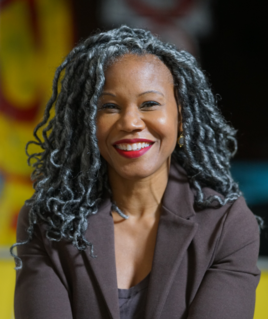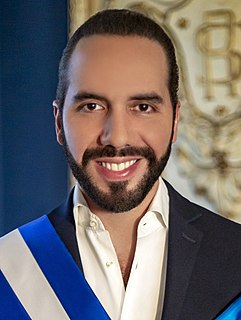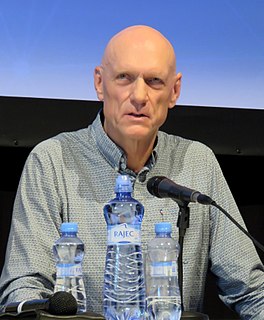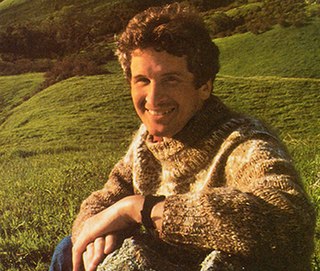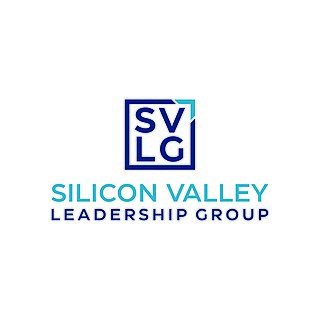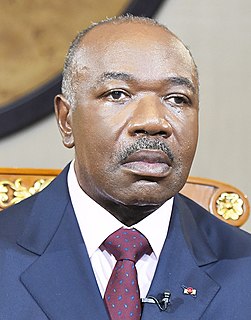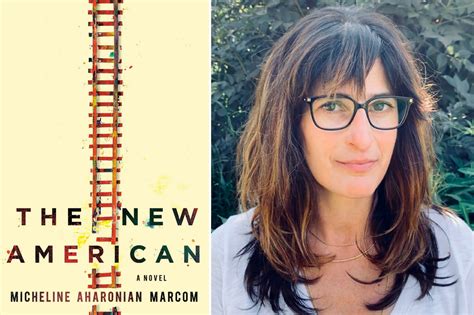A Quote by Paul Polman
Land is a great example of how we can manage and invest in sustainable infrastructure for economic, social, and environmental gains. Its use - and misuse - is at the heart of the challenge for food, fuel, and fibre.
Related Quotes
But no matter how big the effort to push a propaganda line might be, climate change is bigger. This, undoubtedly and regrettably, is the biggest immediate long-term environmental challenge we face. A failure to concretely come to some policy outcome on climate change has not only a negative environmental impact but also social and economic consequences for us.
Let me say two things about the costs - one is that there are detailed studies that show this, this is what some of the Stanford studies show, in fact, that we get so healthier, so much more healthy, when we eliminate fossil fuel pollution - 200,000 [fewer] premature deaths a year for example. And that's just the death part of it. Not to mention the asthma part of it, the heart attacks and the strokes and the cancers. And we also call for a healthy food system that prioritizes sustainable healthy local food production.
I began to firmly change my mind when I saw how young Egyptians used Facebook, for example, to begin to coalesce their social justice movement in their country. And a good Iranian friend of mine showed me how also in Iran, till the government shut it down, much was communicated via social media. So I'm not against. I use the internet regularly to do research. It's great but you have to use your discernment, especially if researching content.

